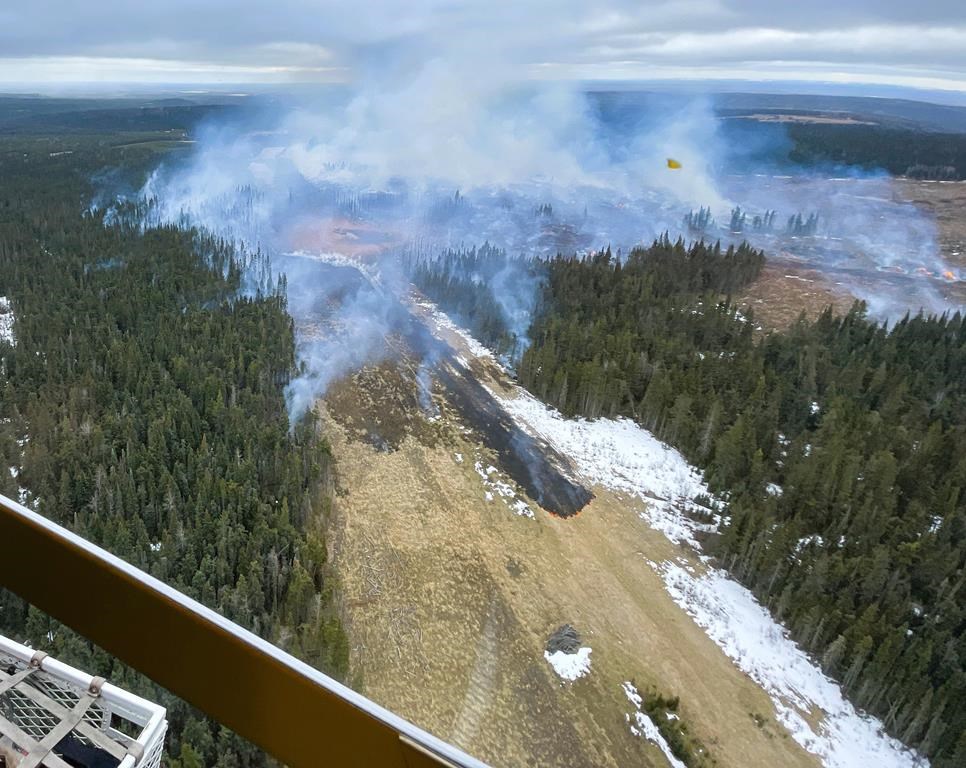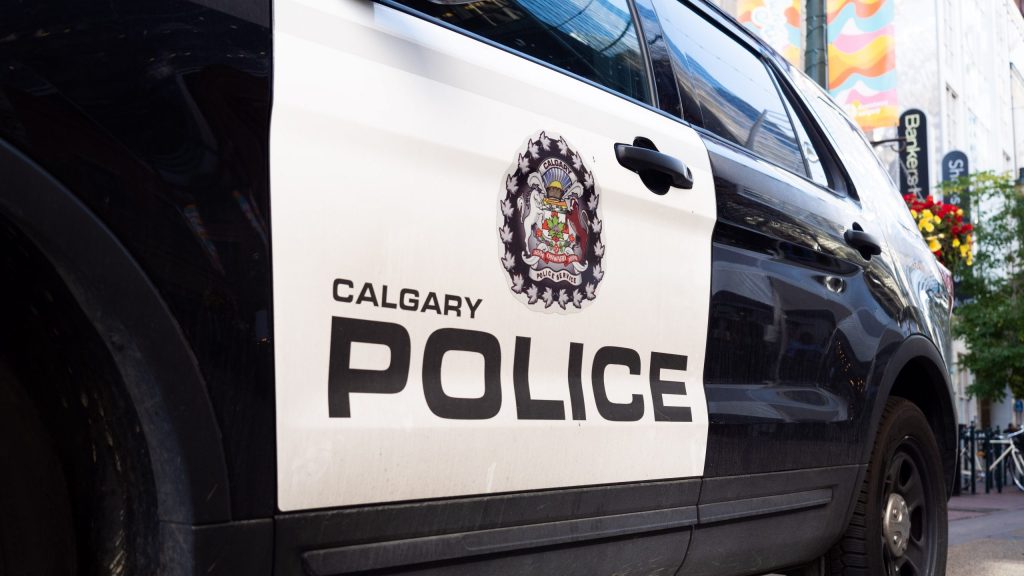How Canadians can help the people of Aleppo
Posted Dec 17, 2016 3:28 pm.
Last Updated Dec 19, 2016 10:04 am.
This article is more than 5 years old.
Tens of thousands of people are said to be stuck in the northwestern Syrian city of Aleppo.
Evacuation efforts continue, with different humanitarian organizations on the ground working to get as many Syrians out of the city as quickly as possible.
For Canadians looking to lend a hand to help the Syrian crisis, there are many different ways to do so.
DONATE
Breanne England, head of region for the Middle East and North Africa with the Canadian Red Cross, said thousands of people have already been evacuated from Aleppo, and those still left are dealing with a very “dire” situation. However, just because there are families who have made it out of the city, doesn’t mean the suffering is over.
“It’s important to keep in mind as well, there are needs across Syria for those who have been affected,” England said. “There are more than 13.5 million people in need of assistance inside Syria. That’s one third of Canada’s population in need of some form of humanitarian assistance in Syria. It’s a very difficult situation.”
She said the best way to help is by making a financial donation to the Syria Crisis Fund, which can be found on the organization’s website.
Canadians can also donate to a number of other non-profit agencies working in Syria, including:
Doctors Without Borders
The United Nations High Commissioner For Refugees (UNHCR)
Amnesty International
UNICEF
The White Helmets
Mercy Corps
International Rescue Committee (IRC)
Hand in Hand Syria
Save the Children
Members of the International Committee of the Red Cross and the Syrian Arab Red Crescent are in Aleppo, helping facilitate evacuation efforts.
England has heard from some of her most experienced colleagues that the level of suffering and destruction they’re seeing in Aleppo is unlike anything they’ve ever seen before.
She said the money donated to the Red Cross will go directly to humanitarian efforts, specifically those related to health.
“We work to support mobile clinics who can travel to remote locations and work with individuals who have been displaced, providing doctors and nurses and midwives and psychosocial support,” England said.
“(The money) is used to support nutrition centres, so that children and mothers who may not have a sufficient supply of nutrition can go in and receive nutrition supplements and work with the nutrition team there. It’s used for medicines and medical supplies at health facilities. So people who need to access insulin on a regular basis may be able to do so in such a difficult circumstance.”
“Those things matter. They make a difference day to day. Sometimes, humanitarian assistance is the difference between life and death for individuals,” England added.
SPONSOR A REFUGEE
Those looking for a more personal way to have an impact on Syrians fleeing the crisis can do so by sponsoring refugees.
Seher Shafiq, manager of community engagement with Lifeline Syria, a Toronto-based organization that helps sponsor and resettle Syrian refugees in Canada, said all Canadians need to do is join or start their own private sponsorship group.
“Canada is one of the only countries in the world that has a private sponsorship of refugee system (…) and we should be taking advantage of it,” Shafiq said. “We’re just trying to put that call for sponsors out there, and to send the message that really anybody is able to help.”
Anyone who is a Canadian citizen or permanent resident and over the age of 18 can become a sponsor. But if sponsorship is not feasible, Shafiq said there are other ways to make a difference in the lives of the new Canadians.
“Showing newcomers the transit system or taking them to doctors’ appointments,” she said.
She said helping them learn the language or offering to take them to language classes would also be helpful.
For more details on how to sponsor a refugee, visit the Canadian government website or the Refugee Sponsorship Training Program website.
STAY INFORMED
With the sixth year of the Syrian Crisis approaching, England said another way to help is to make sure everyone is aware of what is happening in Syria.
“It’s important that people do not forget Syria, and people do not just assume that it will go away. This situation doesn’t get easier six years in for a family who’s displaced; it gets harder,” she said. “People’s resources have been depleted. People have lost their coping mechanisms. So it’s important for us to remember what’s happening in Syria and to not forget.”










